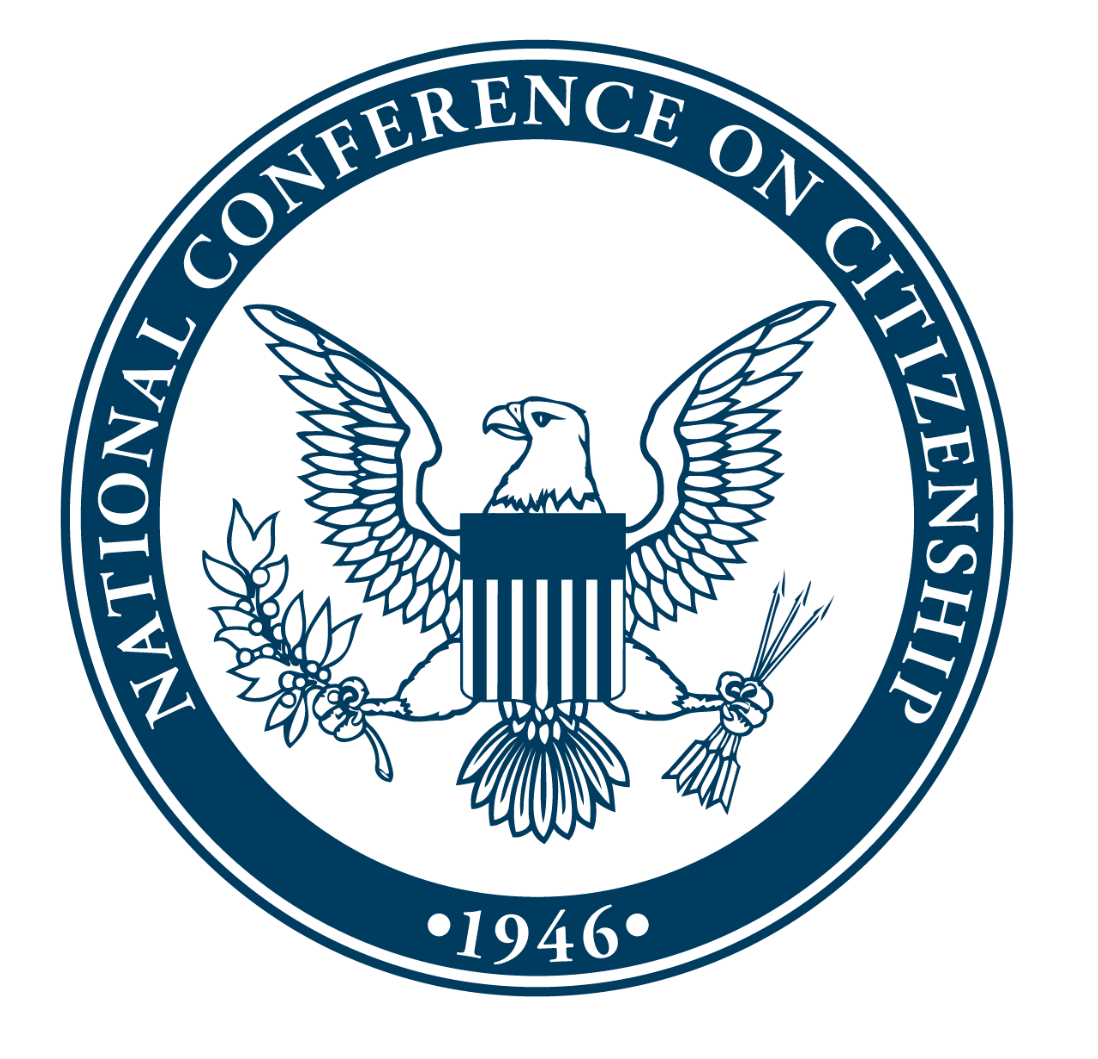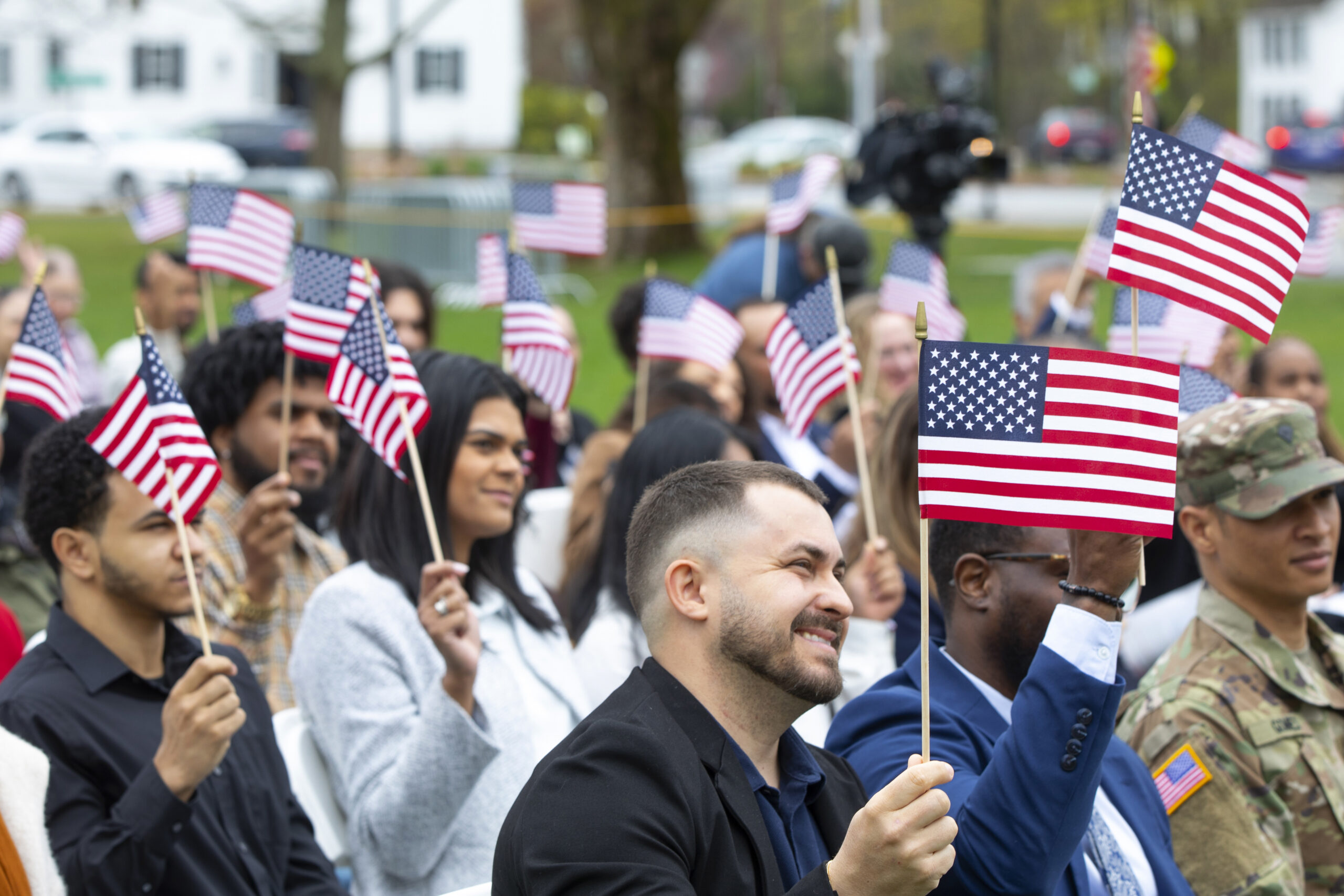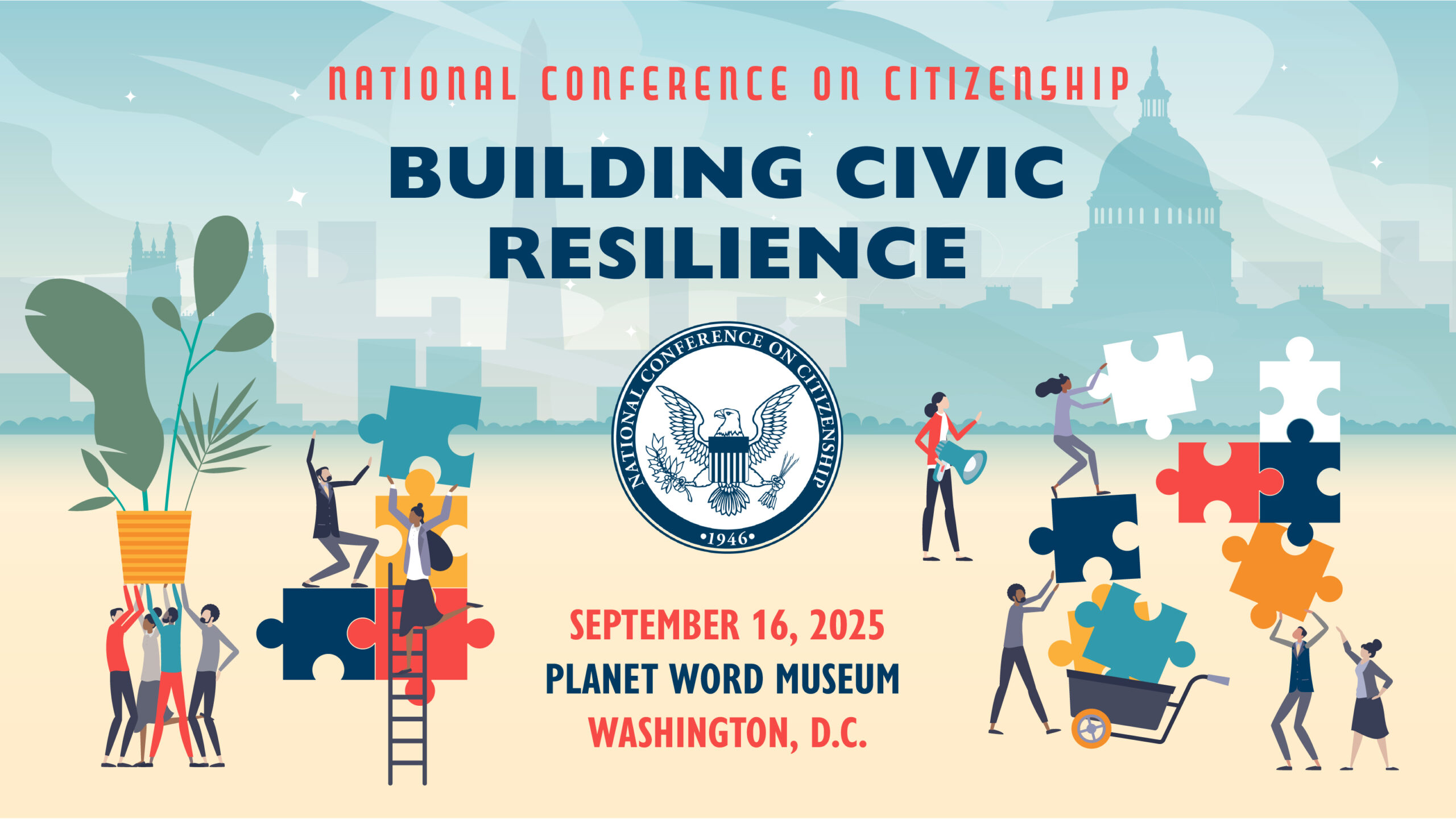Mayor Vincent C. Gray, Serve DC, and the National Conference on Citizenship announced the release of the first-ever District of Columbia Civic Health Index, which reveals how District residents engage in key civic activities, such as voting, volunteering and interacting with neighbors. Overall, the report finds the District’s civic health to be strong, but with key areas of weakness in non-political activity.
Click here to download the full 2013 D.C. Civic Health Index
Compared to the 50 states, the District ranked among the highest when it came to voting in local elections (4th in 2011) and had the highest voter turnout rate (1st at 75.9%) in the 2012 presidential election. However, residents fared among the worst when comparing indicators such exchanging favors with neighbors frequently (49th), trusting all or most neighbors (51st), and eating dinner with a member of the household frequently (51st).
“Serve DC is doing critical work by beginning a conversation to strengthen civic life in Washington, DC,” said Ilir Zherka, executive director of the National Conference on Citizenship. “While this report reveals clear challenges to the District’s civic health, Washingtonians have the skills, wherewithal, and drive to grow their community’s civic life.”
“This report is an important first step in building on our civic strengths and addressing our challenges, especially in developing our neighborliness and trust in one another,” said Jeffrey D. Richardson, Serve DC Chief Service Officer and Executive Director. “We will continue the work started today by sharing these findings with residents and activating partner organizations to improve civic life in the District.”
The report data was obtained primarily from the 2012 U.S. Census Bureau Current Population Survey on Voting, Volunteering and Civic Engagement. Following are additional key findings from the report:
• Volunteering in the District is strong. At 32.2% it is above the national average. However, volunteering is highly segmented depending on education and income, and DC ranks in the bottom half of states for charitable giving (28th).
• Washingtonians are among the least likely to have confidence in major public institutions including corporations (43rd) and public schools (48th). However, Washingtonians confidence in the media is the highest in the country.
• Higher levels of education and income correlate with higher levels of almost every measure of political participation and civic involvement analyzed in the Civic Health Index.


